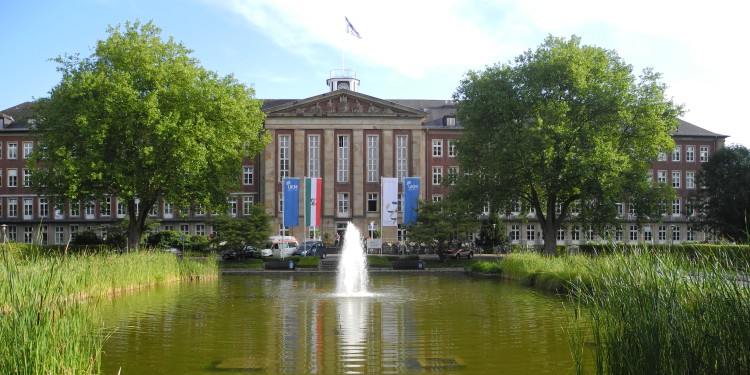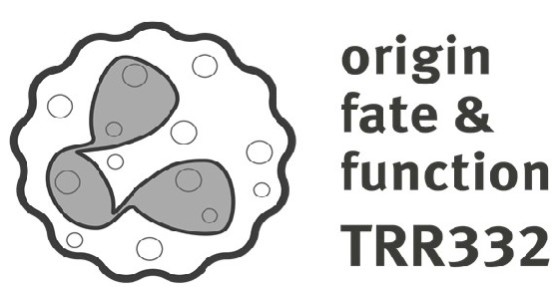
New research alliance studies the biology of immune cells
A new boost for top-level research: the German Research Foundation (DFG) is setting up a new Collaborative Research Centre/Transregio (CRC/TRR) at the University of Münster. The research alliance, entitled “Neutrophils: Origin, Fate & Function” will be devoted to conducting research into special cells in the immune system. From July on it is to receive funding amounting to around 11.5 million euros, initially for four years. The alliance’s spokesperson is Prof. Oliver Söhnlein from the Institute of Experimental Pathology within the Faculty of Medicine at Münster University. The CRC/TRR will bring together researchers from three applicant universities – the University of Münster, Ludwig Maximilian University Munich and the University of Duisburg-Essen – as well as two associated institutions: the Technical University of Dresden and the Leibnitz Institute of Analytical Sciences in Dortmund. “With this new multi-center research alliance,” says Prof. Monika Stoll, Vice-Rector for Research at Münster University, “the researchers involved will be pooling their expertise in the field of neutrophils. This is a great success for medical research in Münster and our partners and it will be bringing together basic research and clinical applications.”

The project will be taking a so-called translational approach – i.e. the transfer of new research findings from the laboratory to clinical applications. “Ultimately, it is the patients who should benefit from the results of our research and receive the best possible treatment,” Söhnlein emphasises. The team of researchers will be developing a central platform combining modern imaging methods enabling neutrophils to be shown in their natural surroundings. In addition, the researchers will be developing an informatics platform to provide a tailor-made infrastructure for data management and analysis. Data from each of the individual projects will also be integrated and made available in a free open-access internet platform
CRC/TRR
A CRC/TRR – which is a variation of the classic Collaborative Research Centre – is applied for and managed jointly by two or three universities. It enables close cooperation between these universities and the researchers involved, including the joint use of resources. The projects are designed to run for a period of up to twelve years and are funded by the German Research Foundation (DFG). Currently, a total of nine CRCs and CRC/TRRs are being coordinated at Münster University. Researchers from Münster are also involved in numerous other cross-university programmes.
